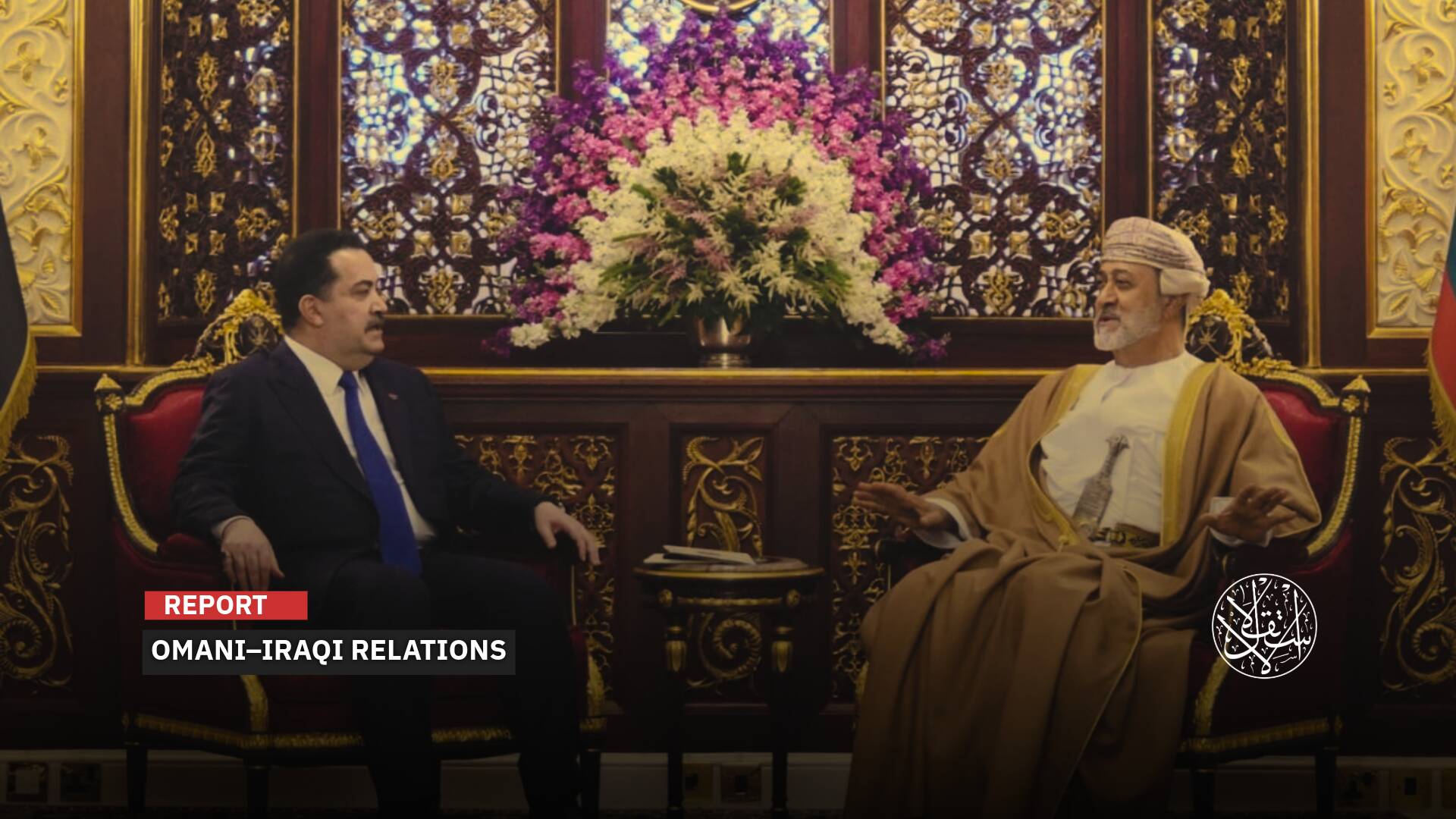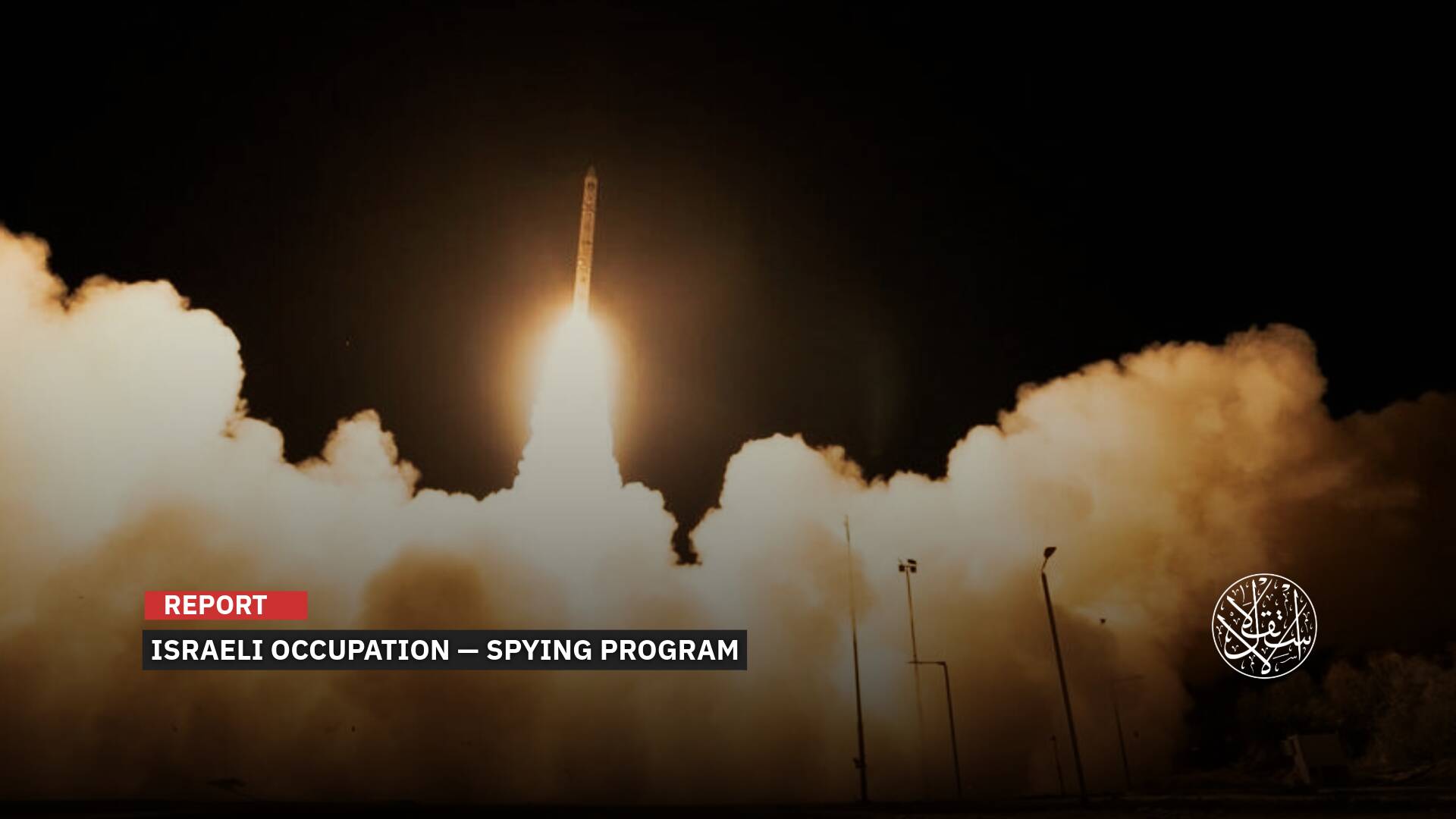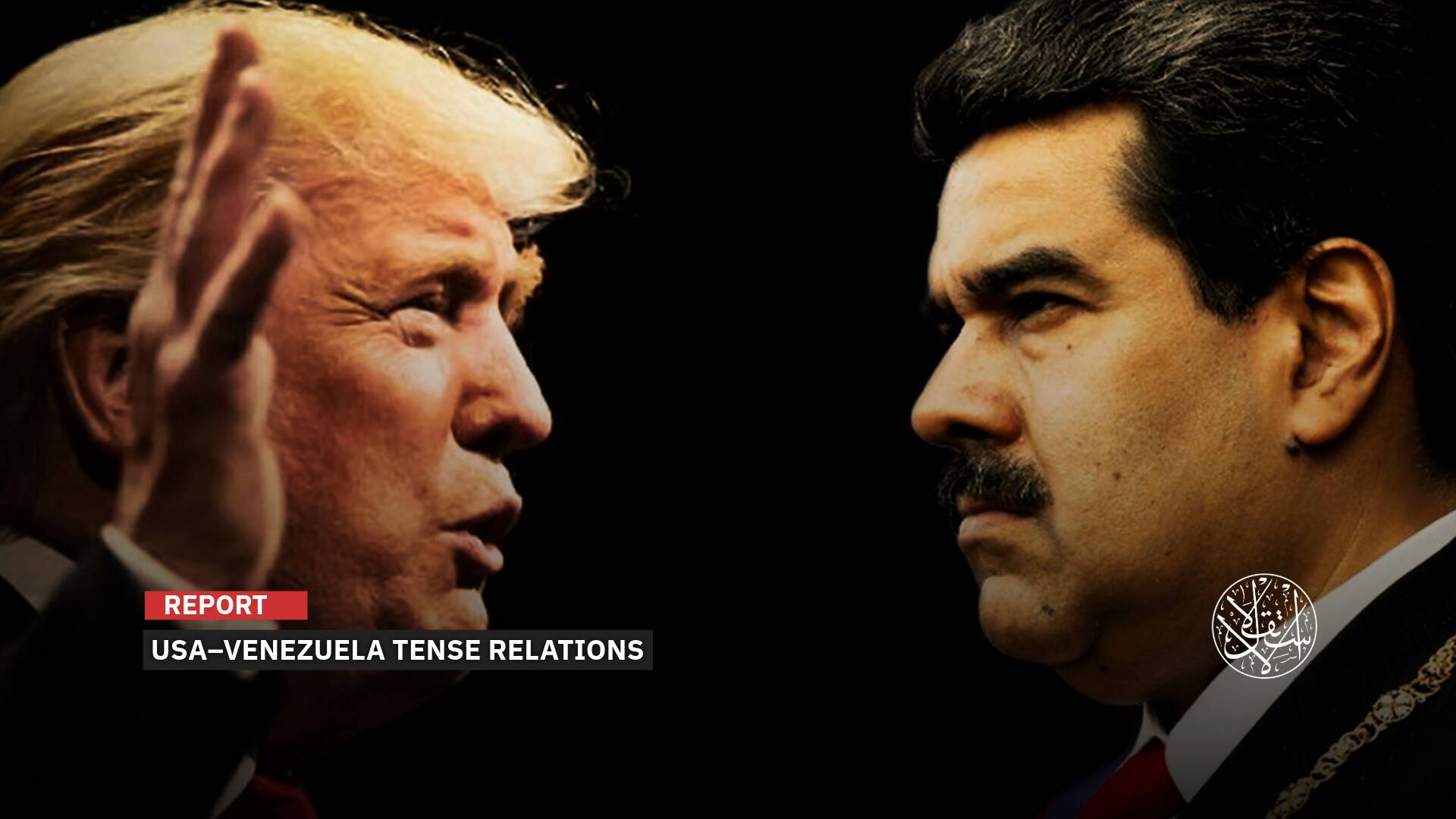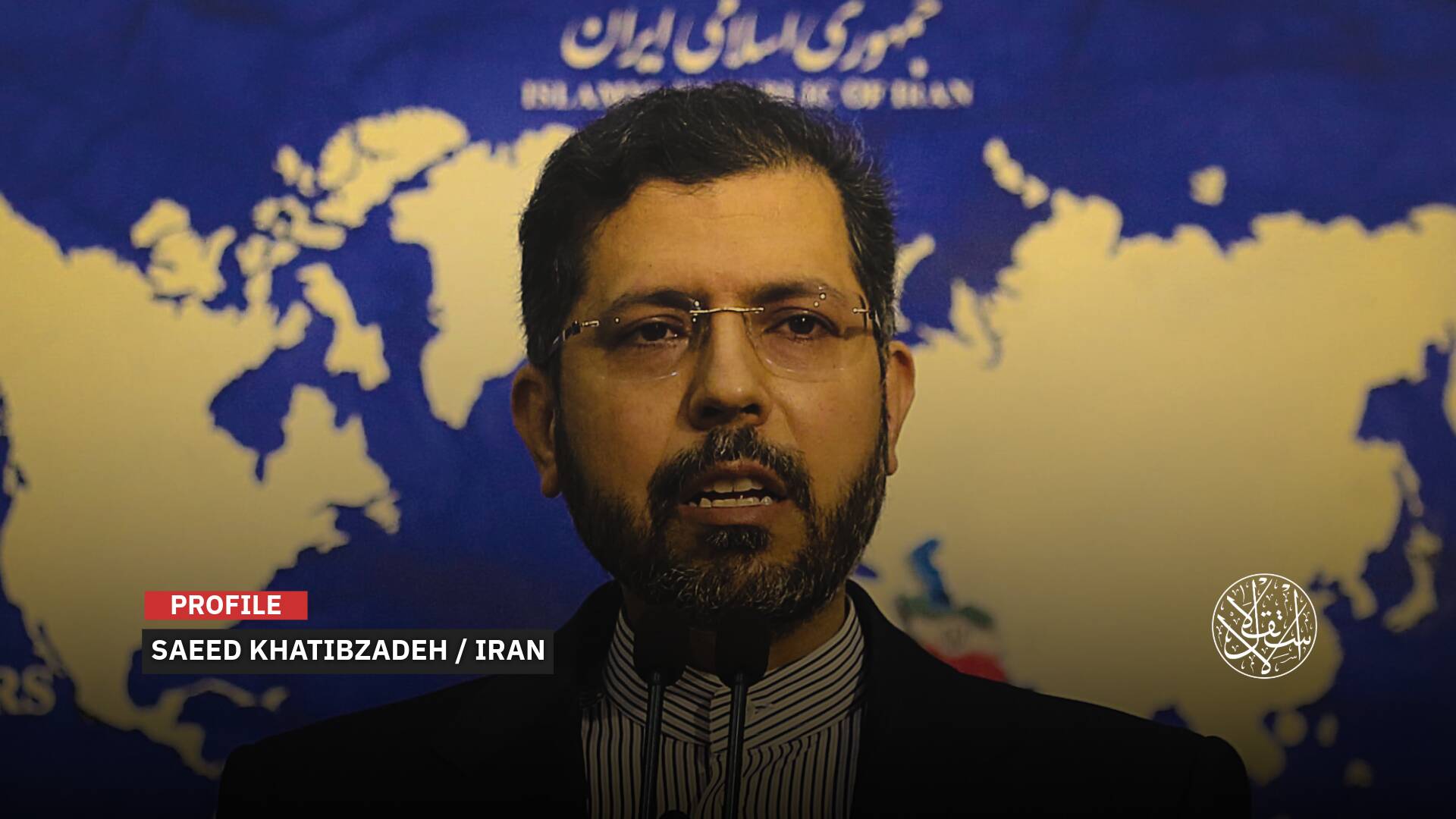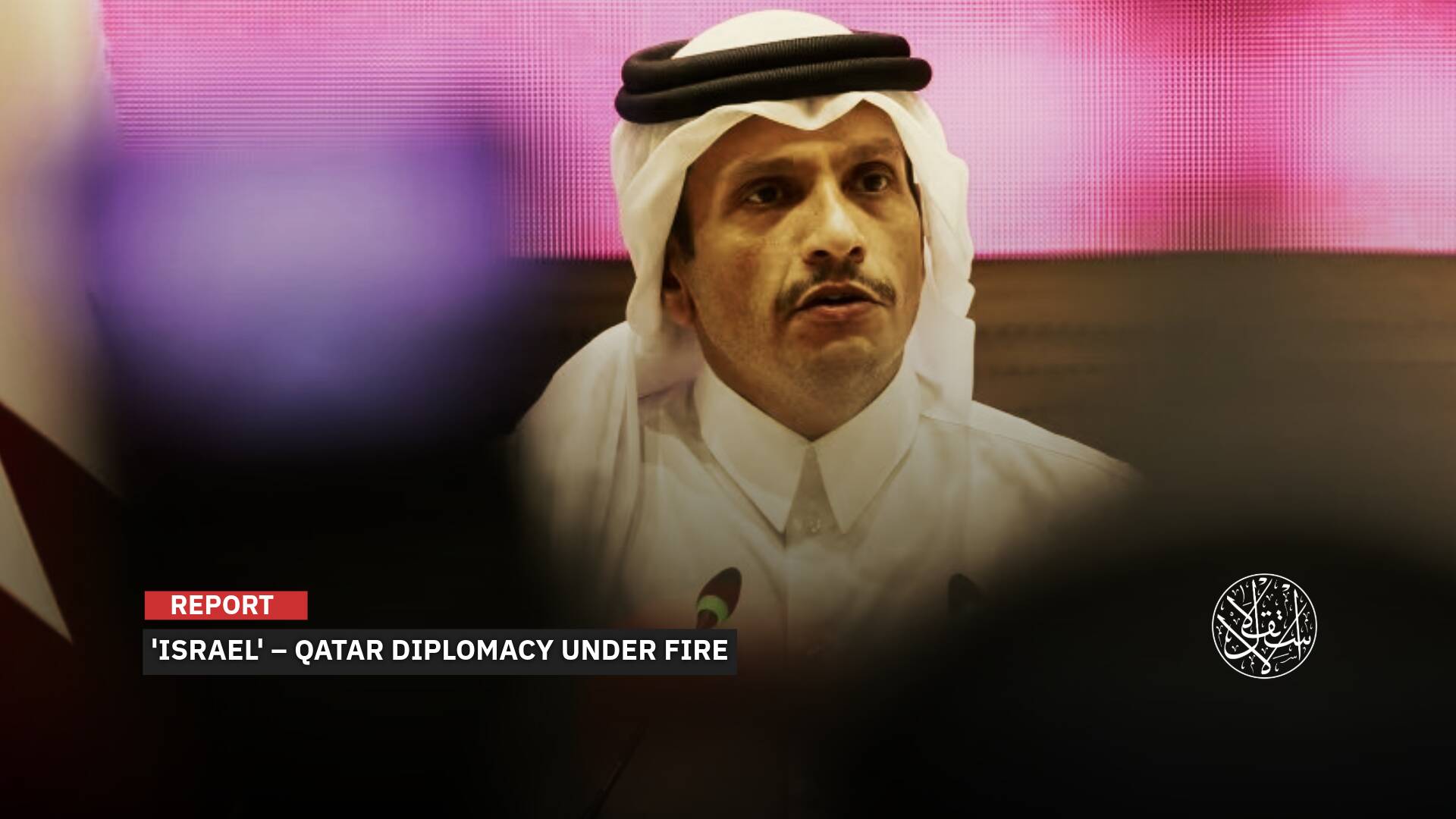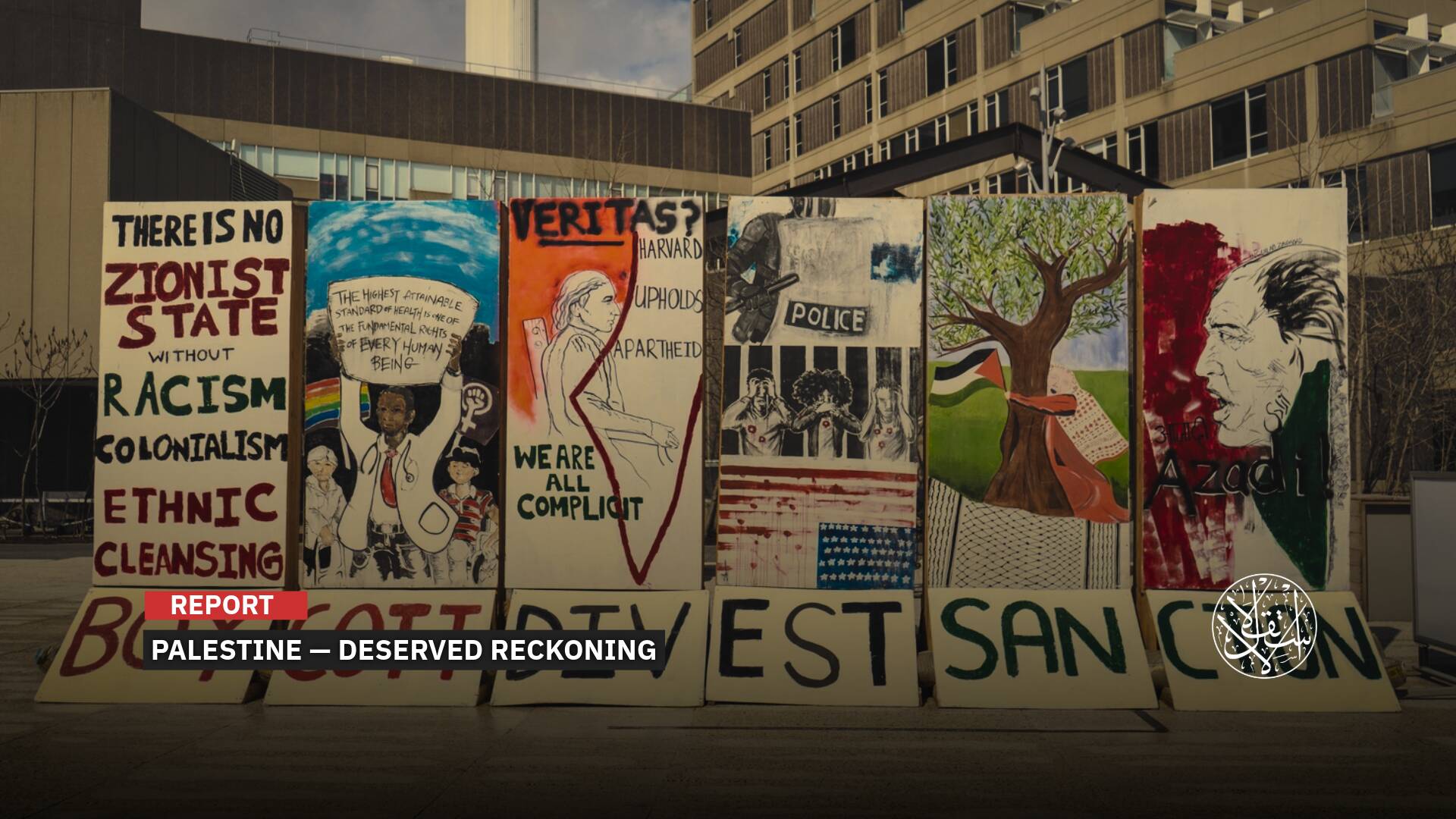Abdul Ali al-Hasani: The Iraqi ‘Cleric’ Backed by Iran and Preaching Suicide

“They believe that after suicide, they will meet Imam Ali - as meeting Imam Ali is of great importance to them.”
Abdul Ali, the leader of a radical Shiite sect, claims that the companion of Prophet Muhammad (PBUH), Ali ibn Abi Talib, is “the god.” His followers, many of whom are poorly educated, offer human sacrifices in his name—chosen through an internal lottery system.
The group, Allahiyah, first emerged in Basra, southern Iraq, in the 1990s but gained traction following the U.S. invasion in 2003. Over the past decade, it has expanded into central and southern Iraq, predominantly Shiite regions.
‘Sheikh al-Mawla’
Abdol Azim Sahib, better known as Abdul Ali Munim al-Hasani, and dubbed “Sheikh al-Mawla,” is an Iraqi-born cleric who fled to Iran. There, he entered the Qom seminary, changing his name to al-Husseni, signifying his affiliation with the Prophet Muhammad’s family.
Around 70 years old, al-Hasani was born in Samawah, southern Iraq. He was once a member of the Shiite Islamic Dawa Party but fled to Kuwait in 1980 after being sentenced to death by Iraqi authorities for reasons that remain unclear. Some speculate his sentence was linked to his affiliation with a banned party. He later moved to Iran.
After the U.S. invasion in 2003, al-Hasani returned to Iraq. However, unlike his contemporaries, he didn’t achieve widespread fame. He left the Dawa Party and founded a religious school based on esoteric beliefs and his “personal interpretations of Islamic law.” This led him to revive the controversial idea of “Ali is Allah,” also known as “Allahiyah,” or “the Qurban,” meaning sacrifice.
The word Allahiyah, an amalgamation of the word Ali and divine in Arabic, stems from the same root as the Alawite sects in Syria and Turkiye due to a similar mystical veneration of Ali; neither of the other two sects, however, practice ritual suicide.
Al-Hasani left Iraq once again, relocating to Iran after Iraqi security forces branded Allahiyah as a heretical group, especially after reports of mass suicides among its followers, who saw themselves as sacrifices to Ali ibn Abi Talib for the afterlife.
Current reports suggest that al-Hasani now resides in Mashhad, Iran, near the shrine of Ali ibn Musa al-Rida, a revered figure for Shiites worldwide. He is reportedly protected by Iranian authorities, including Supreme Leader Ayatollah Ali Khamenei, according to activists.
Al-Hasani is known for supporting many prominent Shiite organizations, processions, and religious singers.
He provided for his followers’ living expenses and housing, equipping them with resources like Husainiyyas (Shiite mosques). This has raised questions about the source of the funds he uses to support his followers.
Though a shadowy figure, an image purportedly leaked of al-Hasani surfaced on social media in February 2025, allegedly showing him in Iran since mid-2024. The authenticity of this image has not been confirmed.
While urging his followers to reject traditional Shiite teachings (such as following religious scholars) as “false,” al-Hasani lives in Iran, a country governed by the system of Velayat-e Faqih (Guardianship of the Islamic Jurist), where religious leaders hold political power.
The Architect of Suicide
What recently brought Allahiyah group into the spotlight—and triggered a crackdown by Iraqi security forces—was Abdul Ali al-Yaqoubi’s encouragement of mass suicides among his followers. Between 2023 and 2024, more than 90 individuals took their own lives, some in coordinated group rituals. The sect operates primarily in impoverished, informal settlements with high rates of illiteracy and social vulnerability.
The group views suicide as an act of sacrifice to Ali ibn Abi Talib, whom they deify, believing it will grant them an encounter with him in the afterlife. They also claim their actions hasten the arrival of Judgment Day.
Despite ongoing arrests and security crackdowns, the movement continues to grow, with followers maintaining unwavering faith in their spiritual leader, Abdul Ali. The situation has drawn the attention of Shiite cleric Muqtada al-Sadr, who has urged Iran to extradite any of the group’s members who fled there.
In a statement on February 18, al-Sadr urged Iranian authorities to hand over members of Allahiyah group who had fled to Iran, accusing the sect of receiving foreign backing.
Al-Sadr described the group as a product of “cultural and ideological decay,” motivated by worldly gains rather than religious principles. He condemned their manipulation of young minds, stating, “The greatest calamity is their disregard for reason, commanding their followers to commit forbidden suicide [.. .] To the fires of hell they go, for their deaths bring no justice—only ignorance and disobedience to God, His Prophet, and His successor.”
He called for public rejection of the sect, urging people to “expose them, report them, and cut all ties, even in food and drink.” Al-Sadr reiterated his belief that such movements are externally supported and pressed Iran to extradite the group’s leaders to face justice in Iraq “as soon as possible.”
Most members who took their own lives left behind written notes declaring themselves sacrifices to Imam Ali ibn Abi Talib. The sect operates covertly, with secret networks and online channels. Iraqi security forces estimate their numbers to be in the thousands, concentrated in southern Iraq.
Cities like Dhi Qar, Muthanna, Najaf, Babil, and Basra have witnessed multiple group suicides in recent months, often conducted in private homes or makeshift religious sites used by the group. These rituals involve extreme acts of self-harm, reinforcing the sect’s radical beliefs.
Activists have warned that groups like Allahiyah can easily attract disillusioned youth to their cause, stressing the urgency for the government to address the conditions fueling its rise.
“Some young people, when they feel hopeless and have no work to occupy themselves with or family to follow them, they might join such groups like ‘al-Qurban’ [Allahiyah],” said Fatima al-Bahadly, head of the Firdaws Society NGO, which tackles issues faced by young people such as radicalisation and addiction, speaking to Middle East Eye.
She compared them to the Islamic State, the militant group that attracted followers with the promise of instant redemption through sacrifice.
“They believe that after suicide, they will meet Imam Ali - as meeting Imam Ali is of great importance to them.”
By late 2024 and early 2025, authorities had arrested over 200 members, yet some figures within the movement have gone underground after previously holding public gatherings in markets and crowded areas.
‘Takfiri Ideology’
Abdul Ali preaches an extremist ideology, branding anyone who rejects his beliefs as an apostate. He instills this doctrine within his Allahiyah followers, contributing to social and security turmoil across southern Iraq. Despite its deceptive appeal to Shiite communities, the sect’s teachings ultimately undermine core tenets of Shiite Islam.
While the group initially presents itself as devoted to Imam Hussein—encouraging mourning rituals like chest-beating and communal food distribution—its doctrine takes a drastic turn once recruits are fully indoctrinated. Followers are then taught to deny the very existence of Hussein and the Prophet Muhammad’s lineage. Instead, they are told that Ali ibn Abi Talib is the divine being (god)—one who neither begets nor is begotten, the sole provider and creator—effectively dismissing the concept of Ahl al-Bayt and the Islamic prophetic tradition altogether.
The sect primarily targets young and uneducated individuals in impoverished areas, as they are seen as more susceptible to radicalization. Educated recruits often become disillusioned and, in some cases, report the group to authorities—an issue highlighted in televised confessions of arrested members aired on Iraqi media in December 2024.
Operating with extreme secrecy, the sect follows a compartmentalized recruitment system: each member knows only the individual who recruited them, and that person, in turn, only knows the one who brought them in. This chain of isolation makes infiltration and detection challenging for security forces.
The clandestine nature of Allahiya poses a major challenge for Iraqi security forces. Due to the group’s strict compartmentalization, the arrest of an individual member rarely leads to significant breakthroughs, as each follower knows only a limited number of contacts. As a result, security operations typically result in the detention of just one or two individuals at a time.
According to an Iraqi intelligence source cited by Alhurra on July 20, 2024, the sect operates private, closed channels on Telegram, where they announce the draw to select members who will sacrifice themselves.
The source further revealed that Allahiya members gather at a predetermined location for a swift ritual. The process begins with drawing lots to choose the next suicide victim, followed by a series of religious chants and candle-lighting ceremonies, resembling a symbolic wedding—ushering the chosen individual into paradise. The selected member then takes their own life, usually by hanging, without assistance.
Although reports suggest that the group’s leader is based in Iran and his identity has been widely circulated on social media, Iraqi authorities had yet to issue an official statement confirming his leadership or whereabouts as of February 23, 2025.
Sources
- Al-Sadr demands that Iran hand over the members of the Allahiyah group who fled Iraq [Arabic]
- Calls from the people of Samawah for the arrest of Abdul Azim, also known as Abdul Ali Muneim [Arabic]
- Allahiyah group: a "deviant" religious movement pursued by the Iraqi authorities [Arabic]
- In Iraq, the Allahiyah group kills its members to get closer to Imam Ali! [Arabic]
- 'I saw my friend kill himself in front of me as a sacrifice to Imam Ali' [Arabic]
- Iraq cracks down on lottery-based suicide sect that has seen dozens of deaths


